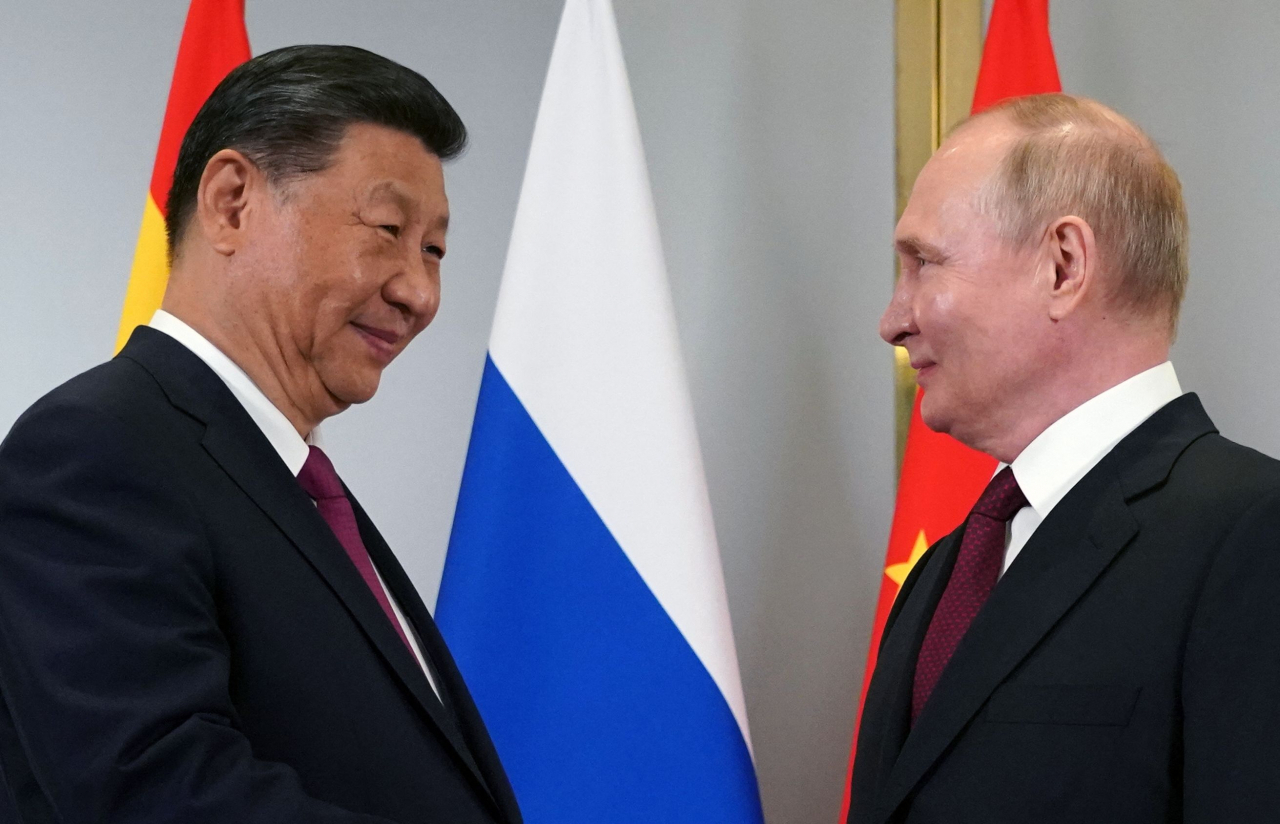
In a rare shift from its traditional focus on Russia, NATO's joint declaration in Washington openly criticized China as a "decisive enabler" of Russia's war in Ukraine. This move coincides with NATO's efforts to strengthen its ties with its "Indo-Pacific 4" partners, which include South Korea, Japan, Australia, and New Zealand. However, there are concerns about whether these partners, especially South Korea, can effectively align with NATO's pressure campaign against China due to their complex geopolitical relationships with both the US and China. South Korea faces pressure from China due to its significant trade dependence on China, and its attempts to improve strained relations following the deployment of a US anti-missile system have been challenging. NATO's priorities are seen as not fully aligning with the interests of the business community in Europe, North America, and South Korea, leading to potential friction between military and economic interests. Despite these challenges, South Korea highlighted its achievements in the NATO summit, particularly in terms of intelligence-sharing commitments and reaffirmed guidelines with the US. Additionally, South Korea sought to bolster its reputation as a potential military equipment exporter to NATO member states. However, South Korea's national security aides have remained relatively quiet about the potential repercussions of its alignment with NATO on its relationship with China. Meanwhile, China has expressed concerns about NATO's expansion into the Asia-Pacific region and accused NATO of inciting suspicion and anti-China sentiments. NATO's shift towards the Indo-Pacific region is seen as an attempt to maintain alliance unity amidst growing divides, with the Chinese threat being a unifying issue between Democrats and Republicans in the US. In summary, NATO's rare rebuke of China, its effort to strengthen ties with its Indo-Pacific partners, and South Korea's delicate balancing act between the US and China are key themes in the evolving geopolitical dynamics highlighted in the given article.
